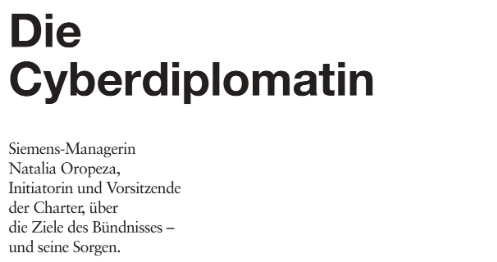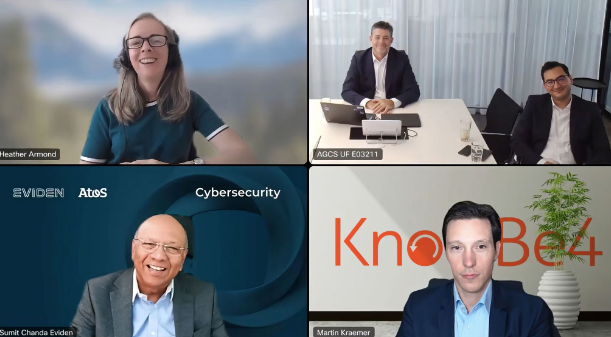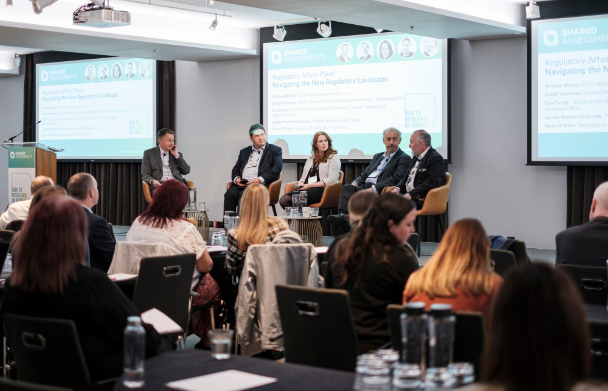This year, the global pandemic has radically shifted the way many of us work. This shift has brought with-it a new threat that does not directly affect computer systems, but rather us, the users of the systems.
In 2019, almost 200 million Ransomware attacks were registered. This number alone is already frightening. When seen in combination with the myriad of other threats that have been affecting our systems, it is almost mind boggling. This year, the global pandemic has radically shifted the way many of us work. This shift has brought with-it a new threat that does not directly affect computer systems, but rather us, the users of the systems.
As of the writing of this article, most of us are still working from home, a reality that has drastically modified the attack vectors in cyber space. Small and medium sized enterprises (SMEs) are now faced with a changed threat landscape. Thwarting these new threats often requires expensive and source consuming security solutions.
Solutions that will have a lasting impact on the IT threat landscape, as we are forced to find new ways to communicate with each other, new ways to work with our information technology, and new ways to protect our information.
Several threat vectors will now see an increased prominence, including any attacks directed towards workstations and personal communication devices, such as cell phones and tablets. The increasing importance of cloud solutions in this environment that shifts infrastructure into the cloud space, shifts threats into the same space, and initiates dangers resulting from misconfigurations and lack of visibility.
The way information and data are handled in a predominately home-office environment presents additional perils. The common “Bring Your Own Device” policy often leads to data stored on company cloud spaces finding its way into the private data storage of employees. This is turn can critically affect a company’s data security.
Secure connections to the different IT environments have become a baseline for securing data in transit. These connections are a good starting point in protecting the IT infrastructure and the data contained within, although they are often subject to common vulnerabilities and misconfigurations.
To address these novel threats, we must change the way we approach our risk mitigation measures. Many solutions, such as traditional Security Information and Event Management Systems (SIEMs), can be exceedingly costly and therefore not economically viable for many SMEs.
Suitable solutions can be made available by leveraging the changes in the work environment. This means that the use of cloud-based security systems must become as common place as the use of cloud infrastructure. The increasing relevance of cloud spaces brings with it a plethora of excellent features, like rapid scaling, that can greatly impact any potential response to identified risks.
One of the major factors in reducing risk to information on endpoint devices, whether it be laptops, tablets, or cell phone, has been and will continue to be active security monitoring. As common solutions have proven to be cost-prohibitive, a new approach to security monitoring must be considered.
Outsourcing security monitoring could facilitate a risk-based approach that identifies and addresses the most important information assets and their underlying vulnerabilities. The use of an external Security Operations Center (SOC) to monitor well-defined and specific VPN traffic, workstation security logs and data transfer events is a viable option to economically address some of the threats we are facing.
Our new reality has brought a new way of working and with-it new threats and significant challenges that will put many companies to the test. While there is no solution that offers complete protection, a risk-based approach that addresses company specific threats must become common practice.
Nikolaus Brandstetter, Head of Secure Networks, Communication and Cloud @ SGS Digital Trust Services


You may also like

Chairwoman Natalia Oropeza in Brandeins Magazine
In an interview with Dorit Kowitz, Natalia dives deep into the pressing issues facing the cybersecurity landscape, explaining how the Charter of Trust bundles the expertise of different businesses across several regions to stay resilient in the face of evolving threats. As Natalia Oropeza says: "We all win if cybercrime doesn’t win."
Here are three key insights from her interview:
🔑 Collaboration is essential: No single organization can tackle cyber threats alone. The Charter of Trust is a prime example that businesses nowadays are more transparent when it comes to attacks and that sharing information in this field can be beneficial.
🔑 Addressing the digital skills gap: The Charter of Trust is working to address the global shortage of cybersecurity professionals by encouraging diversity and actively promoting opportunities for women to join the field.
🔑 Unified regulations: Harmonizing global cybersecurity standards will reduce vulnerabilities, helping businesses and governments combat threats more effectively.
The full interview is available here: https://lnkd.in/gRm6ZDGC


Cybersecurity Awareness Month
The complexity and urgency of this topic gathered a lot of interest, with 600+ attendees throughout the whole panel, which was composed of Jon-Paul Jones, COO at AZ Commercial, Firas Ben Hassan, GenAI expert & Manager of AllianzGPT at AZ Technology, Dr. Martin J. Krämer, External Security Awareness Advocate at KnowBe4, and Dr Sumit Chanda, Global CISO at Eviden & Chair of the Global External Engagement Working Group at the Charter of Trust.
We are pleased to see Dr. Sumit Chanda from Eviden bringing in his unique CISO insight on what these emerging technologies mean in day-to-day cybersecurity practices and bringing in the Charter of Trust perspective on this topic as well.
Thank you, Ervin Cihan and Haydn Griffiths for inviting other CoT Partners and for the great initiatives that Allianz is putting together within this year’s Security Awareness Month. And special thanks to Heather Armond for the great moderation.


UK/EU Summit - “Risk to Resilience”
💡Under the theme “Risk to Resilience” the first event of this series was held in London and brought together professionals from different industries and regions. Detlef participated in the panel about the complex regulatory landscape and emphasized that new legislation like the EU AI Act, DORA and Hashtag#NIS2 continue to push the standard of care on cybersecurity and other risks.
Thanks to Shared Assessments for organizing such an amazing event and inviting the Charter of Trust to participate in this high-class panel alongside Andrew Moyad, CEO at Shared Assessments.



